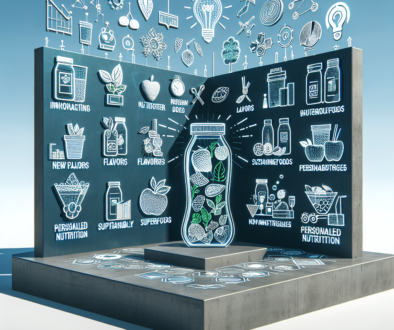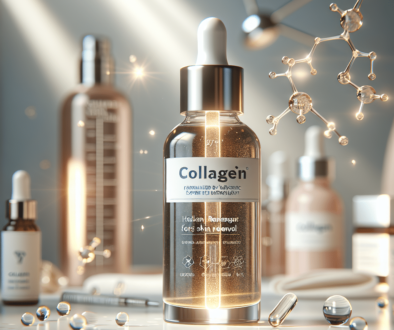Changes Of Heme Oxygenase/Carbon Monoxide System In Pulmonary Artery Smooth Muscle Cells During Hypoxia And Its Effects On Type ¢ñ Collagen
Keywords
Carbon Monoxide, Pulmonary Artery, Cellular Hypoxia, Collagen Type I, Muscle, Smoothness, Blood Vessels/Pathology
Abstract
Objective: To study the changes in the inducible heme oxygenase (ho-1)/carbon monoxide (co) system of rat pulmonary artery smooth muscle cells (pasmc) during hypoxia and its impact on collagen synthesis, and to explore the heme oxygenase/carbon monoxide The effect and mechanism of (ho/co) system on collagen metabolism in hypoxic pulmonary vascular reconstruction. Methods: Primary cultured rat pasmc, using a spectrophotometer to detect changes in the relative content of co in the pasmc culture medium, and westernblot to detect pasmcho -1 and transforming growth factor-¦Â3 (tgf-¦Â3) expression changes, immunocytochemistry was used to observe the changes in the expression of pasmcho-1, tgf-¦Â3, and type ¢¡ collagen, and in situ hybridization was used to detect type ¢¡ procollagen mRNA Changes in expression. Results: Hypoxia for 24 hours induced pasmc to express TGF-¦Â3, type I collagen and mRNA. Compared with the control group, hypoxia increased HO-1 protein expression by 67.45% (p<0.01) and CO content by 35.41% ( p£¼0.05).znpp (ho-1 inhibitor) reduced the co content of pasmc in rats with hypoxia for 24 h by 7.88% (p£¼0.01), the expression of ho-1 protein and the expression of tgf-¦Â3 protein by 23.9% (p£¼0.05). The expression increased by 393% (p<0.01), and the expression of type ¢¡ collagen and mRNA increased. Hemin (ho-1 inducer) increased the CO content of pasmc in rats with hypoxia for 24 hours by 8.83% (p<0.01), ho-1 The expression increased by 105% (p<0.05), the expression of tgf-¦Â3 protein decreased by 68.12% (p<0.01), and the expression of type I collagen and mRNA decreased. Conclusion: The rat pasmcho/co system is up-regulated under hypoxic stimulation, and the endogenous Sex cobalt can inhibit the synthesis of type I collagen and the expression of tgf-¦Â3 protein, thereby playing an important regulatory role in collagen metabolism in the pulmonary artery of hypoxic rats. For further information of this article and research, feel free to contact our team for asssitance. Original research was done by Gong Limin, Du Junbao, Zhao Weihong, Tian Hong, Tang Chaoshu
About ETChem
ETChem, a reputable Chinese Collagen factory manufacturer and supplier, is renowned for producing, stocking, exporting, and delivering the highest quality collagens. They include marine collagen, fish collagen, bovine collagen, chicken collagen, type I collagen, type II collagen and type III collagen etc. Their offerings, characterized by a neutral taste, and instant solubility attributes, cater to a diverse range of industries. They serve nutraceutical, pharmaceutical, cosmeceutical, veterinary, as well as food and beverage finished product distributors, traders, and manufacturers across Europe, USA, Canada, Australia, Thailand, Japan, Korea, Brazil, and Chile, among others.
ETChem specialization includes exporting and delivering tailor-made collagen powder and finished collagen nutritional supplements. Their extensive product range covers sectors like Food and Beverage, Sports Nutrition, Weight Management, Dietary Supplements, Health and Wellness Products, ensuring comprehensive solutions to meet all your protein needs.
As a trusted company by leading global food and beverage brands and Fortune 500 companies, ETChem reinforces China’s reputation in the global arena. For more information or to sample their products, please contact them and email karen(at)et-chem.com today.



